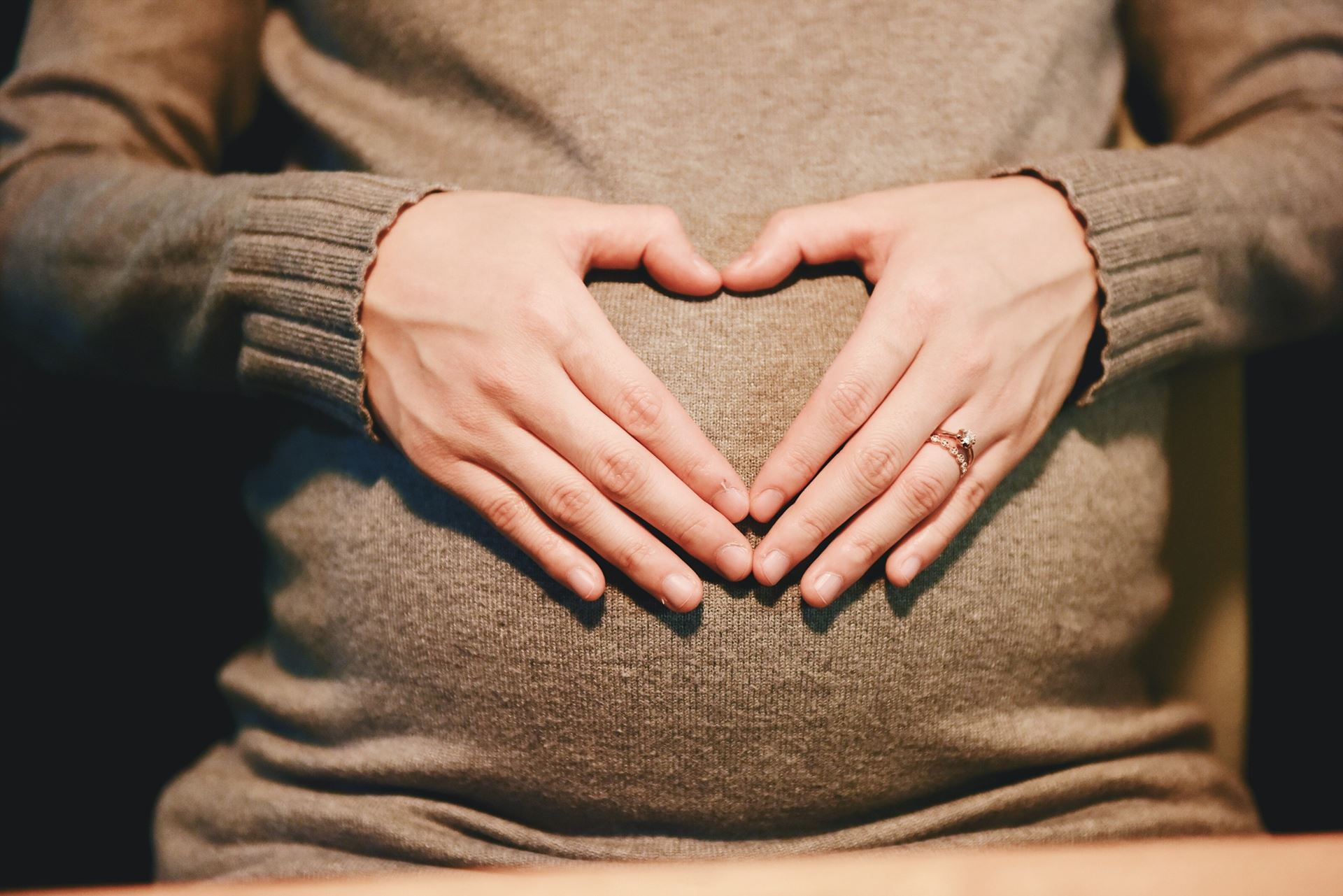
Find your local Diabetes Self-Management Education Program or a National Diabetes Prevention Program
Diabetes Basics |
 | Type 1 Diabetes Individuals diagnosed with type 1 diabetes do not produce insulin in their bodies. When we consume food, our bodies break down carbohydrates into glucose (blood sugar) and then use it for energy. Insulin is a hormone that the body requires to allow the glucose in the bloodstream to enter cells in the body. While people with type 1 diabetes are not able to produce their own insulin, they are able to use treatments such as insulin therapy that helps them manage their condition and live happy and healthy lives. Signs & Symptoms:
|
 | Type 2 Diabetes Individuals with type 2 diabetes are able to produce their own insulin in the body. However, their body does not use insulin properly and usually requires lifestyle changes to be made. While some individuals can control their blood sugar levels by making healthy eating choices and choosing to exercise often, others may need medication or insulin to help manage their condition. Signs & Symptoms:
Reference: https://www.diabetes.org/diabetes |
| Gestational Diabetes Individuals with gestational diabetes are diagnosed while pregnant. While we do not know the exact cause of gestational diabetes, we do know that hormones play a significant role in pregnancy and can sometimes affect the mother' insulin absorption, this is caused insulin resistance. Insulin resistance means that the mothers body does not use the insulin properly, similar to type 2 diabetes. By working with your doctor, you can come up with a plan to help you have a healthy pregnancy and baby. Signs & Symptoms: For most women, gestation diabetes doesn't cause noticeable signs or symptoms. Possible symptoms include:
Reference: https://www.diabetes.org/diabetes, https://www.mayoclinic.org/diseases-conditions/gestational-diabetes/symptoms-causes/syc-20355339 |
